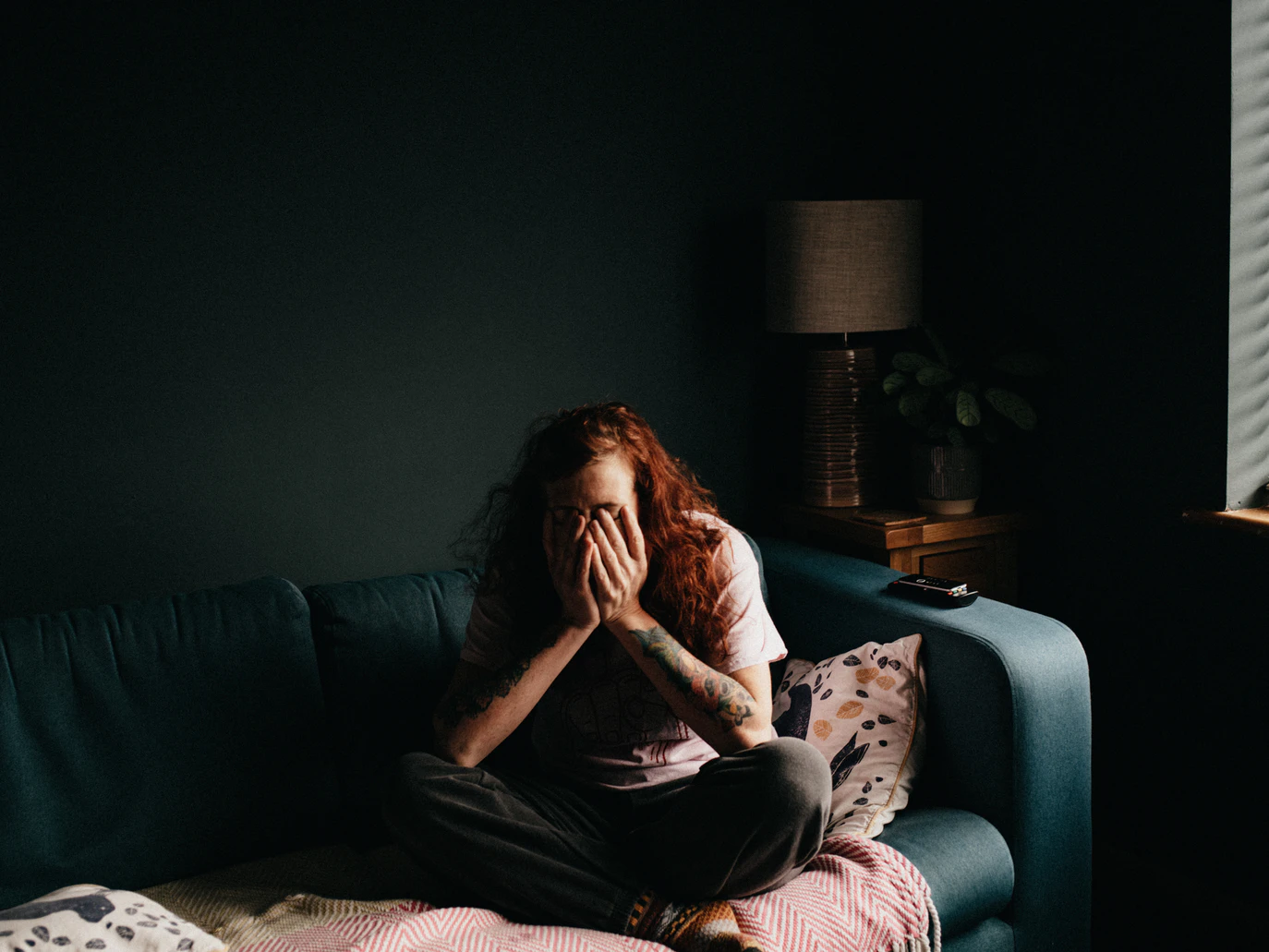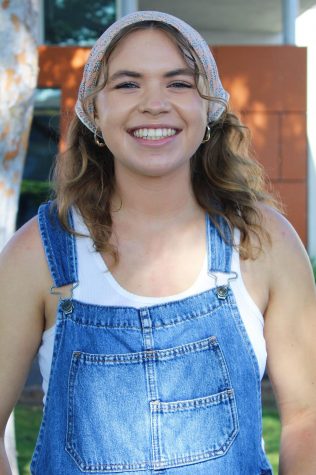The world shut down for months. Every person felt the physical repercussions of COVID-19. Driving on the I-5 after packing dorm rooms in March 2020, it seemed that suitcases and packing boxes also shielded the rearview windows of adjacent cars, driving home indefinitely.
Isolation came with its own turmoils. Families laughed around the dinner table one night and the next day stayed in their respective rooms to avoid conflict caused by close confinement. For students, classes resumed online. However, participating in classes at home meant engaging at a pre-professional level next to a sibling learning how to multiply.
Returning to class this semester was joyous. Seeing old friends and experiencing the familiarity of Biola’s campus seemed like a memory that happened yesterday, yet over a year passed since the entire student body attended classes in person. Reconciling pre-pandemic experiences and distance from Biola with the present seems disorienting. During isolation, students experienced loneliness, grief and tension—emotions that remain impactful even after access to vaccinations or reopening schools.
Mental health and suicide prevention will remain an essential aspect of pandemic response, long after the COVID-19 era is over.
HOW THE PANDEMIC IMPACTED MENTAL HEALTH
After increasing instances of isolation led to worsening mental health, the Federal Communications Commission established 9-8-8 as a nationwide three-digit phone number for the National Suicide Prevention Lifeline, according to the Los Angeles Times.
The PanAmerican Health Organization reported that an increase in economic loss, trauma or abuse, mental health disorders, and barriers to health care access during the height of the pandemic negatively impacted mental health, exacerbating risk factors for suicide. Following a mental health survey from April 1 to July 1 in 2020, the Suicide Prevention Center found that individuals experienced anxiety and depression at higher rates than before, predicting mental health to worsen following the pandemic.
Behaviors from spending time in isolation followed young adults outside of stay-at-home mandates — which students will continue to learn to navigate after returning to classes. Engaging in conversation with people seems to require more effort — even something as simple as feeling exhausted after talking to someone for a few minutes. The New York Times reported that months in isolation caused reclusive habits and social withdrawal, especially among young adults.
CONTINUING TO NAVIGATE ISOLATION
The feeling of isolation remains a reality for many. Unfortunately, the pandemic caused many people to watch their family members become sick, take care of loved ones and lose family and friends—experiences of grief and sorrow that sometimes seem to counter the happy reunion of students on campus.
The PanAmerican Health Organization explained that people often respond to temporary situations of disaster with grief and stress. However, due to the length of the pandemic, people need to establish new coping mechanisms to adjust to the uncertainty and continuity of every outbreak. This requires time for people to learn how to navigate the impact of grief and stress continually.
Though a physical response to COVID-19 remains important, emotional care will prove necessary to respond to the isolation from people, isolation away from seemingly well-made plans and the grief of sickness and loss that impacted every living person. However, there is space to hold grief for what was lost during the pandemic, with the joy of what is gained from beginning to return to the normalcy of life.
BIOLA’S RESOURCES
There are resources available on Biola’s campus to learn to navigate feelings of isolation, grief and sorrow, as well as resources that help walk students through returning to in-person classes. The Biola Counseling Center offers many mental health services to students, faculty and staff navigating the challenges of life. Biola also offers Spiritual Direction and Pastoral Care for students who are considering to engage more deeply in their relationship with God.
In a time during which students experienced isolation, as well as saw the impacts of isolation and loss on mental health, it is important to remember that the Biola community is founded in a desire to love others well through a relationship with Christ. No one should be left on their own to cope with the grief and loss of COVID-19. Together, this community can learn to hold the joy of being together with the hardships of isolation and grief and support each other through it.












